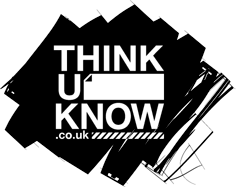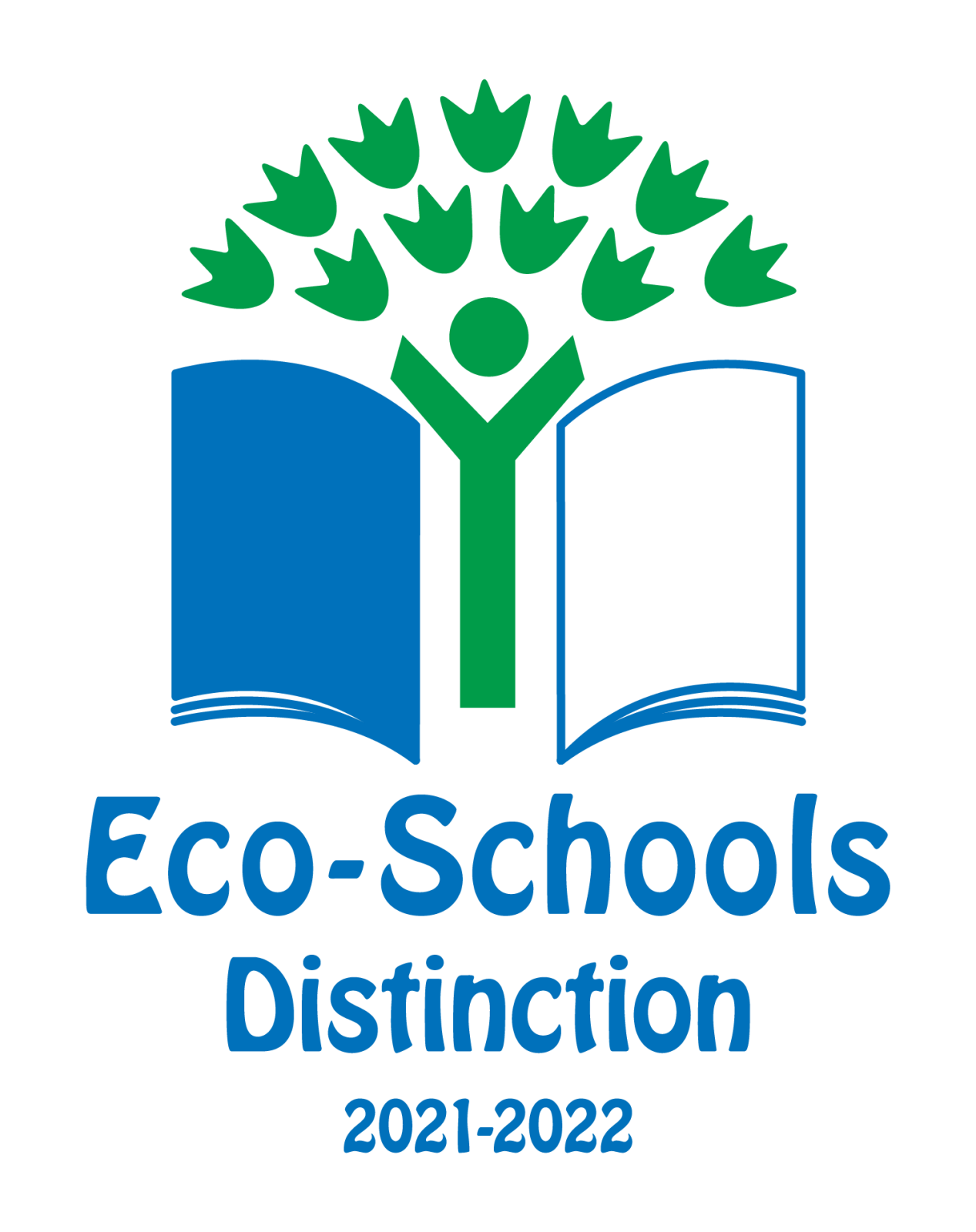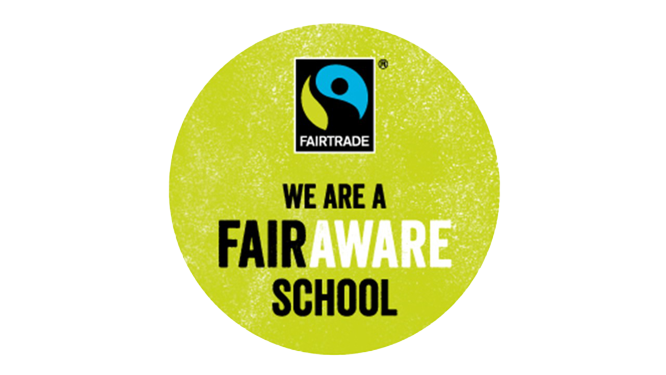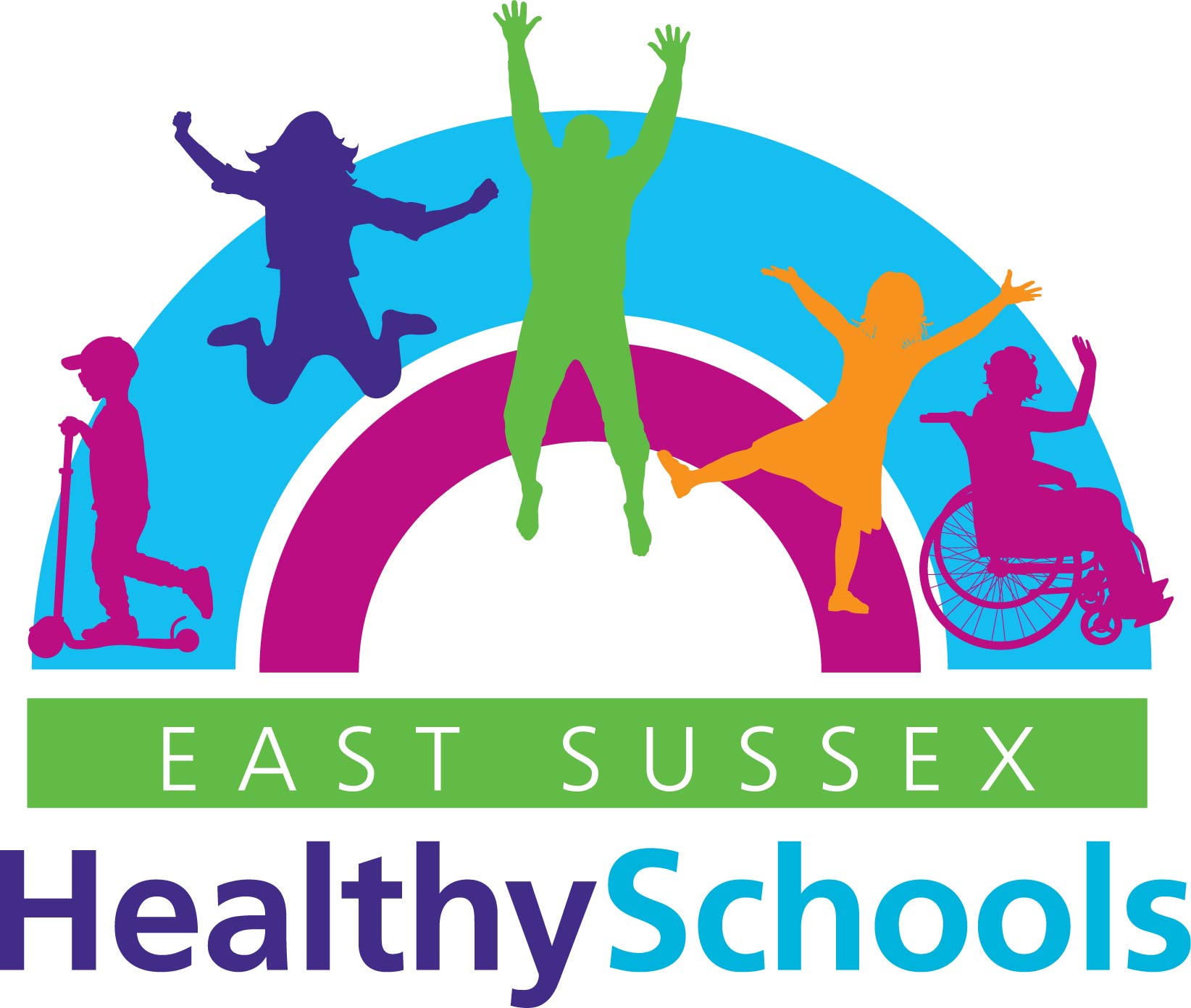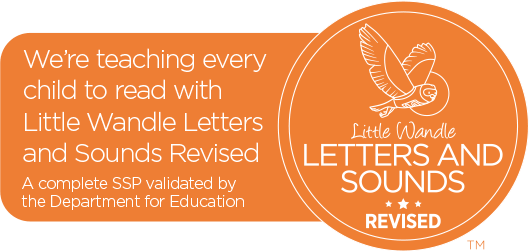Music
Intent
Our music curriculum aims to provide a passionate, engaging experience where children will be immersed in a celebration of different genres of inspirational music from around the world, then use their broadening knowledge and listening skills to develop as musicians and performers.
They will understand that some music can be meaningful with a powerful message, yet other music will capture an emotion- then learn how to create their own music reflecting this understanding.
As well as celebrating world culture through music, they will uncover some of the rich folk heritage of this area, learning to sing local smuggler’s songs that would have been sung here hundreds of years ago.
When creating and performing their own music, children will feel safe to explore, understanding that making mistakes and developing perseverance will make them a better musician, and being given the knowledge and tools to progress to the next level of musical learning, becoming ever more independent.
Children will learn to play both traditional and electronic musical instruments, using them to develop composing skills culminating in writing their own leaver’s song celebrating their unique identity.
Ultimately, we want the broadening of our children’s understanding of other cultures and histories together with the development of their own sensitivity, creativity and confidence to lay a foundation for a musical journey that will continue throughout their lives.
Implementation
-
At Cradle Hill, we are lucky to have a well- stocked and spacious Music Room, with many instruments including five keyboards, Xylophones and Glockenspiels and 30 Ukuleles as well as a large selection of non- pitched instruments. The interactive displays in the music room allow children to write their honest opinions in the feedback and suggestion box, which informs the planning for the music curriculum the following year.
Music is taught through a combination of Charanga Music School, Sing Up and Out of the Ark, supplemented in KS2 by Ten Pieces, all of which are designed to give children opportunities to develop active listening skills, knowledge of genres and historical periods, singing and instrumental techniques, improvising and composing skills, notation, vocabulary and musical dimension understanding, and performance skills. As children progress through the school, they revisit appropriately sequenced musical knowledge, skills and vocabulary so that they are built on year-by-year. This ensures children are given opportunities to achieve depth in their learning.
Children begin to explore chime bars, basic xylophones and non-pitched percussion instruments in KS1, then move onto chromatic Glockenspiels and Ukuleles in KS2.
In Y2 children begin to learn electronic music skills, using Chrome Music Lab; then begin to use Garageband in Y4, extending to Quickbeats in Y6, which they can practise at home using to Yumu, a safe music platform which is part of Charanga Music School, where they can explore and compose backing beats, as well as develop their end of year compositions on identity.
Singing is very important to our school - we have separate singing assemblies every week and a very popular choir which even ran (outside!) during lockdown. The choir takes part in the One Voice Festival of Singing, where they perform with other primary schools alongside the Glyndebourne Chorus, as well as singing carols every year to Threeways, a local Nursing Home.
Ongoing feedback and continual encouragement and support is given to each pupil on this musical journey, who will leave our school with a clear idea of their own musical preferences; the confidence to compose, play, sing and perform with increasing musicality.
Impact
We believe that musical learning is not necessarily a linear process but a journey which differs for every child.
Therefore, while incremental progression develops in each year group leading to a defined end point at the end of each key stage, we assess holistically, over the pupil’s entire time at Cradle Hill.
We use multiple sources, such as recording responses to songs; instrumental skills; singing ability; improvising and composing skills; ability to work in or lead a group; ability to make meaningful marks which relate to sounds; performance skills and ability to edit and critically their own and other pupil’s work, to gather information.
Ongoing feedback and continual encouragement and support is given to each pupil on this journey, who leaves our school with a clear idea of their own musical preferences; the confidence to compose, play, sing and perform with increasing musicality, and above all, a genuine love of music which they will carry with them forever.



